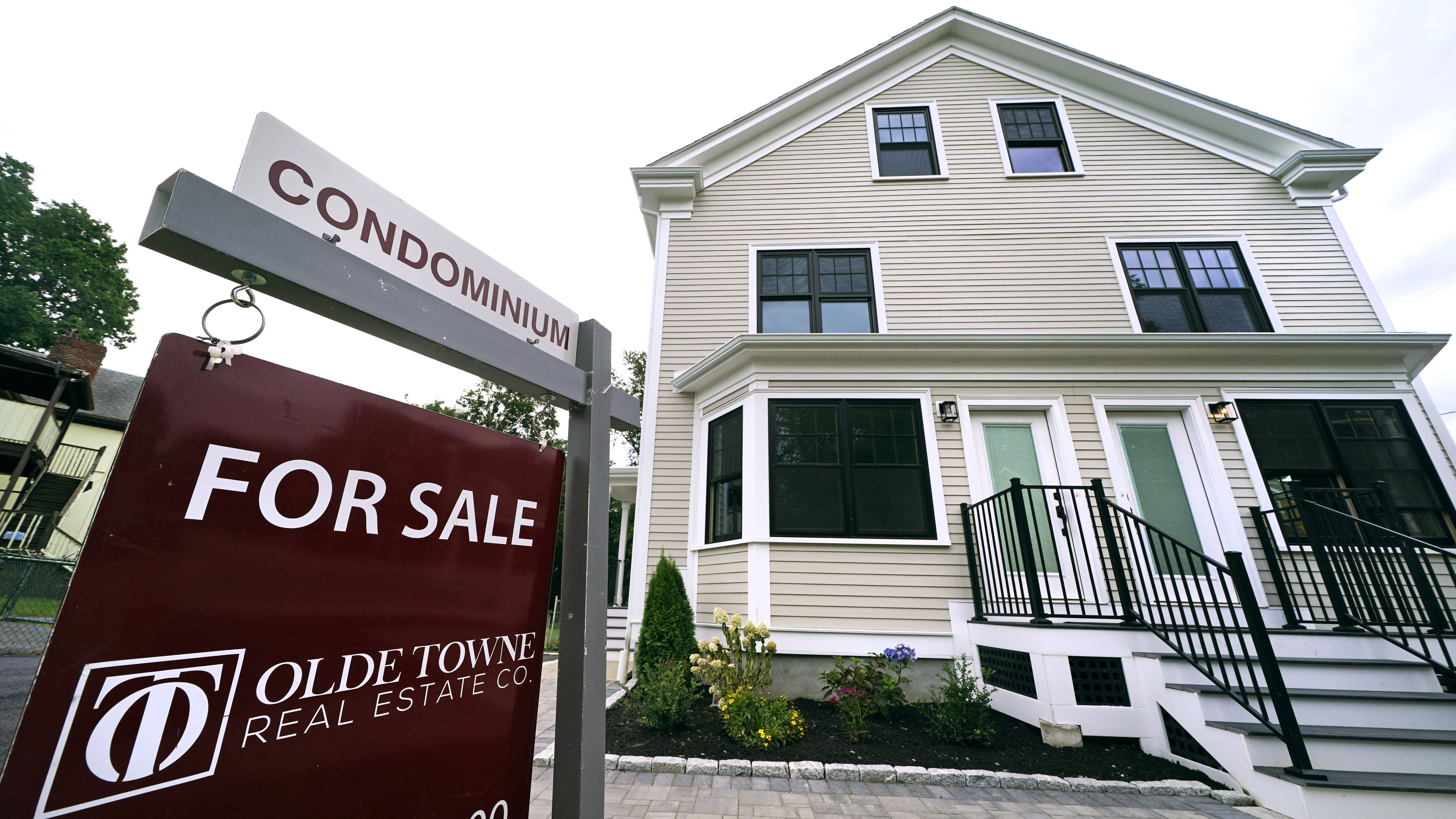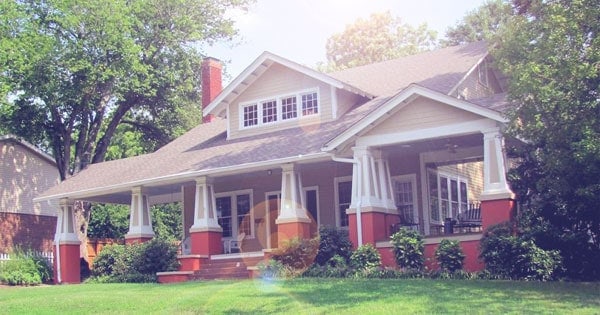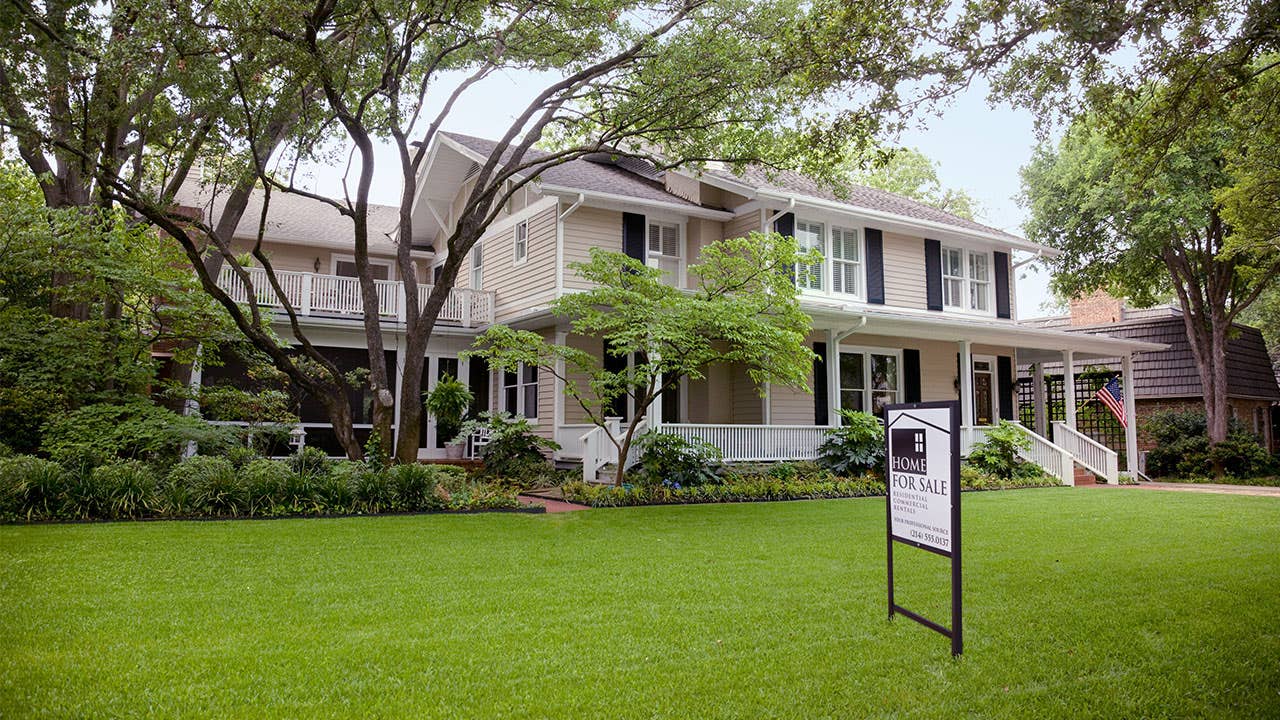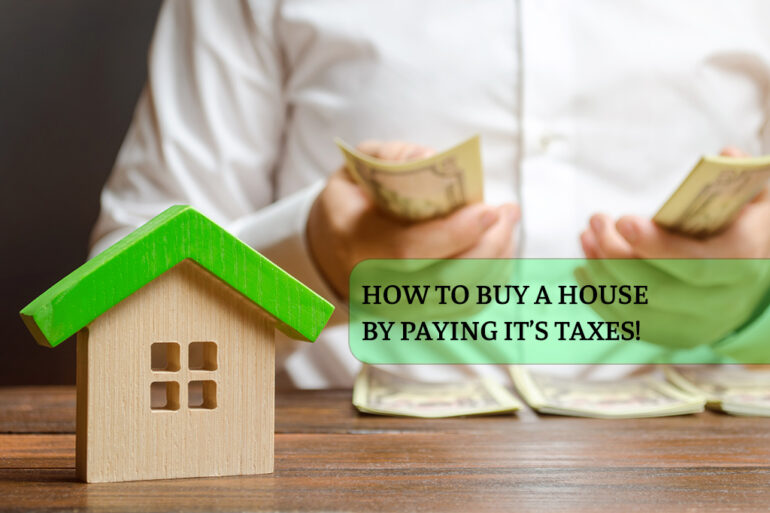First Class Tips About How To Buy Homes For Back Taxes

You increase your offer by $6,000 to cover the taxes.
How to buy homes for back taxes. 4 habits of successful home buyers—get yourself ready to buy. Citizens can purchase certificates in the sale to pay off. Once your price quote is processed it will be emailed to you.
The bad news is that the process can be complicated and you will need to pay the back taxes plus interest and penalties. You acquire the tax lien and hold it for 12 months until the owner pays off the $3,000 debt. If you can get on the property and inspect the house, that’s the.
The homeowner has to pay back the lien holder, plus interest, or face. Buying a home is as much about your state of mind as the state of your bank account—but both need to be in. How do i buy property for taxes in illinois?
Once the investor assumes ownership of the tax lien, the property. Ask your county treasurer for the tax delinquent list. Mail a check to the treasurer’s office with a letter of instruction.
Except in cook county, each county generally holds tax sales the fall of each year. The tax office discounts the amount of tax. The property is then sold to you.
The bank agrees to a short sale to get rid of the property. Homeowners that are unable to pay their property tax bill risk losing their property. Essentially, if the property tax bill goes unpaid, the county can sell a tax lien certificate to.
Your earnings consist of interest. Contact the county collector or county clerk within the county for tax. If you owe back property taxes and you can’t afford to pay them all at once, you may still have options for protecting your property from a tax sale.
When you are buying a house by paying back taxes, you need to examine the property as best you can. One of the most interesting and aggressive ways of investing in real estate is through property tax auctions, also known as tax deed sales. You may search for transcripts of properties currently available by county, cs number, parcel number, or by the person’s name in which the property was assessed when it sold to the state.











:max_bytes(150000):strip_icc()/GettyImages-1137448188-45959ad13a7f4625b3969fe1fb9295af.jpg)






